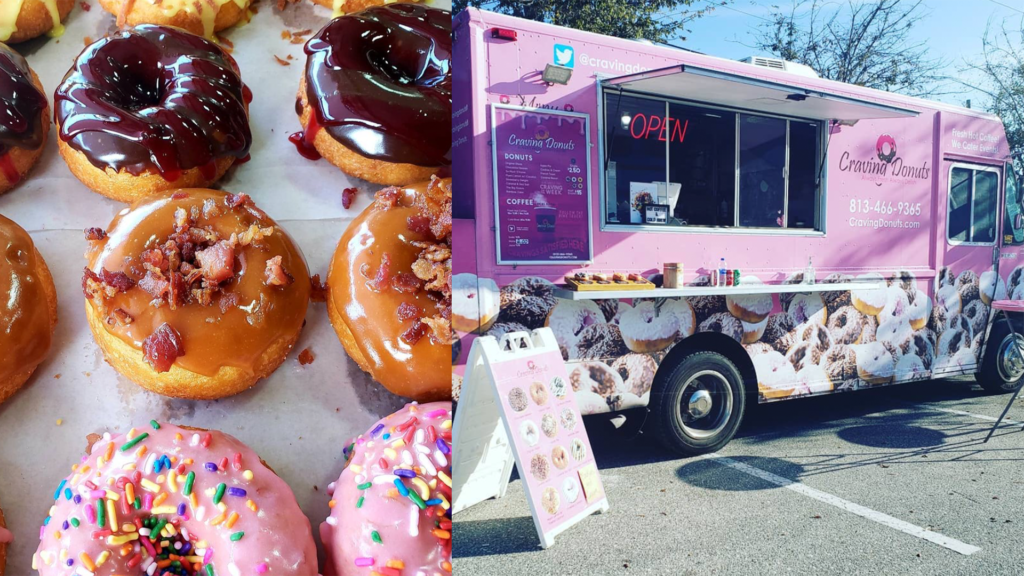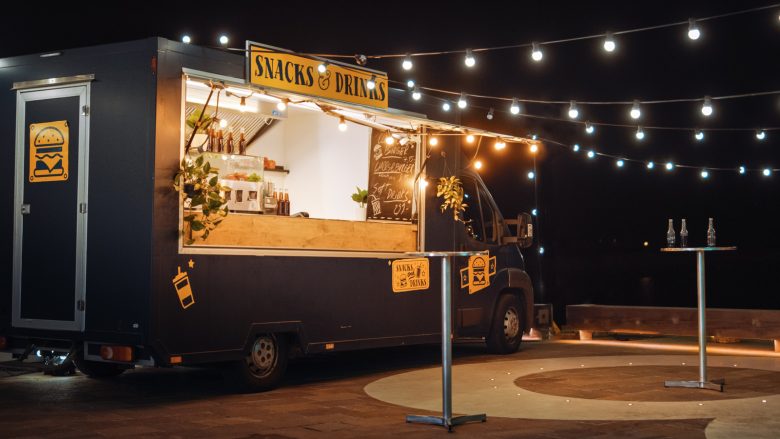When considering the possibility of starting a food truck, you should find out how much it costs to start your own business. This article will discuss the costs and permits required for starting a food truck, the types of food trucks and the locations of food trucks in the U.S. In addition, you will learn how to develop a business plan for your food truck. Here are some tips to help you get started:
Costs of starting a food truck business
One of the most common roadblocks for entrepreneurs is money. If you have never started a business before, you may be wondering what the costs of starting a food truck are. The more research you do, the easier the process will be. Here are some tips to make your business plan more detailed. Listed below are some of the most common costs associated with running a food truck. Make sure to include your target market in your financial projections.

First, you will need a vehicle that can accommodate a kitchen. You will also need a trailer for the truck. Food trucks cost a lot less than traditional brick-and-mortar restaurants. However, you should consider the cost of running a food truck when determining the amount of money you need to start a business. You will need to pay for overhead costs as well. The more food you plan to sell, the higher the cost will be.
Permits and licenses required
Before you open your food truck, make sure you have all the necessary permits and licenses. Some cities require a standard operating procedure document, but most don’t. This document must include the specific steps and processes for each menu item. If you plan on serving a lot of food, this document can be time-consuming. Additionally, it will list sanitization and cleaning techniques. Having these documents in place can help you avoid fines for running a food truck without the proper permits and licenses.
While food trucks have many similarities with restaurants, they also require licenses and permits to operate legally. The name of these licenses may vary by state, but they are required for any food truck business. Food truck operators should also obtain a business license, which varies by state. There are several different types of licenses for a food truck, so it’s best to check with your local government to see which ones you need.
Locations of food trucks in the U.S.
There are many different factors to consider when selecting a location for your food truck. Not only should you consider parking, but you should also consider whether your customers will linger. Food trucks are best located near public transportation or large office buildings. Food trucks are not stationary businesses, so relocating frequently is not a good idea. Listed below are some of the best locations for food trucks. The following are just some of the factors to consider when selecting a location for your food truck.
The food truck industry has seen a rise in popularity since the recession. Many laid-off workers decided to open their own food truck businesses to make extra money. Some famous food truck owners, like Brett Lindenberg, decided to start their own business instead of opening a traditional restaurant. Unlike a brick-and-mortar restaurant, food trucks have lower startup costs. According to Technomic, a new food truck costs between $150,000 and $20000. However, opening a stand-alone restaurant costs $1 million or more. And because they are based on volume, food trucks can reach $400,000 in sales quickly.
Creating a business plan for a food truck

A food truck business plan should include a cost breakdown of what it will take to start and run the food truck. In addition to the actual costs, a food truck business plan should include the wages for staff. The hours that staff will work will also play a factor, as long hours will mean less profit for the business. Creating a food truck business plan can be a daunting task, but if you follow the guidelines below, you can start on the right foot.
When creating a food truck business plan, be sure to include all of the important details. Include an overview of your industry and target customer, a snapshot of your marketing plan, and information on your key team members. A market analysis of your industry will also help you understand what to expect. Include photos and artwork of your food truck, as well as an artist’s rendering of the business. Developing a food truck business plan can be challenging, but it’s well worth it when you get the hang of it!



